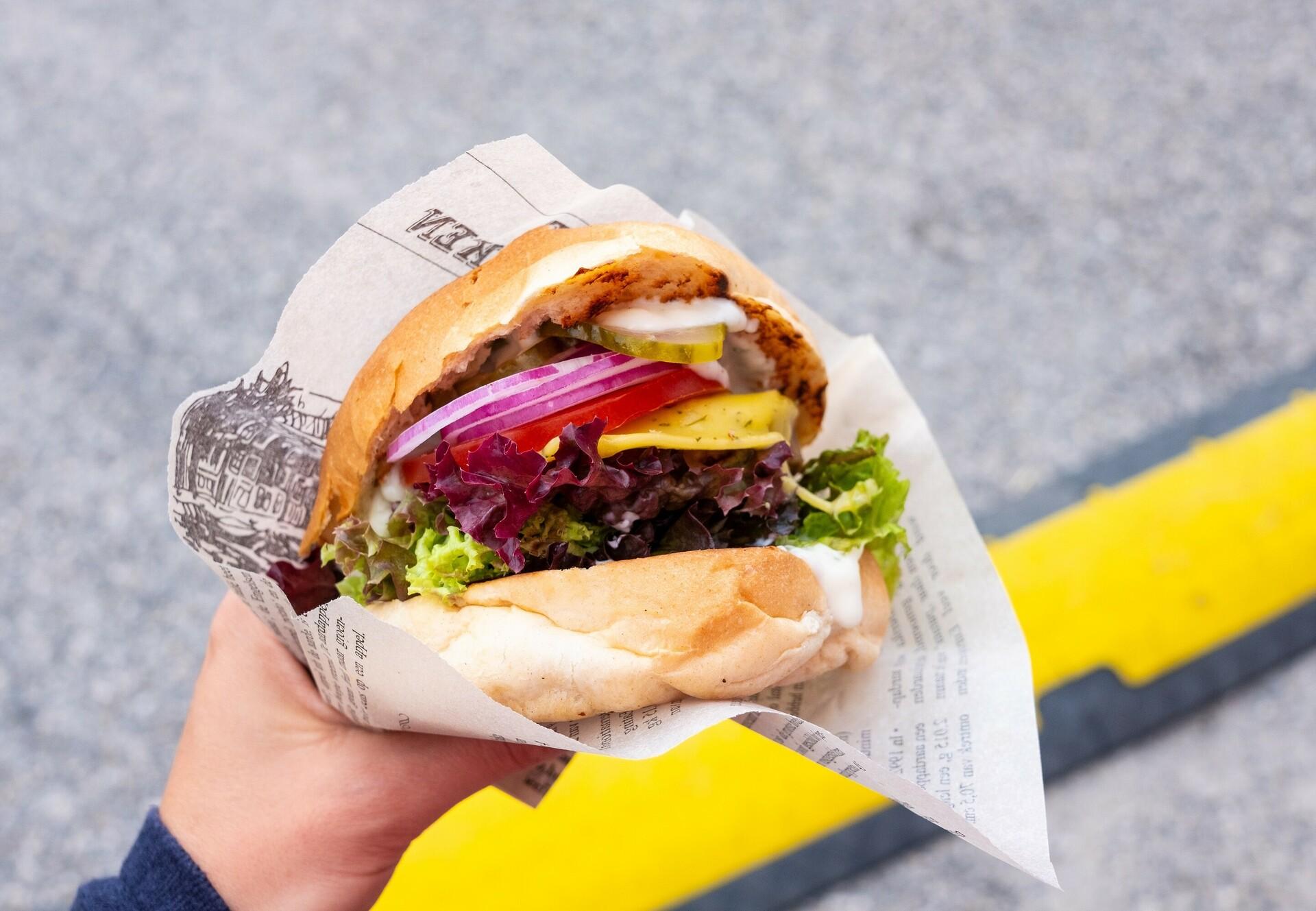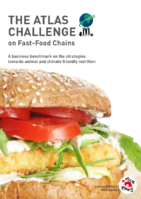
Fast-food Chains
How are the fast-food chains performing when it comes to meat and fish reduction and increasing plant-based food?
The demand for plant-based options is increasing. Concerns surrounding sustainability, health, and animal welfare are helping to drive the plant-based sector and, as a result, fast-food chains are under pressure to diversify their menus.
FOUR PAWS conducted a ranking depicting the level of effort and performance of some of the international and national fast-food* chains on sustainable and innovative food strategies. Are they taking the necessary steps to reduce the amount of meat and fish offered and are they stepping up their game to increase plant-based and innovative meat alternatives?
dean&david and Domino’s Pizza Germany have both signed the commitment towards meat and fish reduction. Will the rest follow suit?
See how your favorite fast-food chain compares to the rest.
*The selected fast-food chains (which are part of the quick-service sector) for this ranking were chosen based on the condition that they offer "food on the go", including meat and/or fish products, with a brand image that is nationally and/or internationally recognized for their mainstream presence.
*Abbreviation for United Kingdom (UK), Germany (DE), Austria (AT), and Switzerland (CH)
The Atlas Challenge ranking is based on FOUR PAWS’ assessment. It provides an overview of the fast-food chains’ performance when it comes to progressive food strategies, which support meat and fish reduction as well as the increase of plant-based and innovative meat and fish substitutes. The reduction of meat products and the availability of plant-based alternatives is key to help lower greenhouse gas emissions and the impact it has on our planet and farm animals suffering in factory farms.
For more information click here.
did you know?
- Europe’s vegan meat and dairy market is expected to reach €7.5 billion ($8.5 billion) by 2025.1
- The UK is the most developed plant-based market. Total retail sales amounted to €440 million ($499 million) in 2019, followed by France, Germany and the Netherlands.2
- Eating one less beef burger a week would be the equivalent of taking your car off the road for 515 km (320 miles).3
- Per gram of protein, the water footprint of beef is six times larger than for grain legumes.4
- Worldwide, over 7 billion chickens are kept inside egg factories, laying more than 1.3 trillion eggs per year.5
- The world’s first Lab-Grown Meat Restaurant opened in Israel in 2020, offering cultured chicken.6
Source
2. Mintel | https://www.mintel.com/press-centre/food-and-drink/veganuary-uk-overtakes-germany-as-worlds-leader-for-vegan-food-launches
3. Earthday | http://www.Earthday.org
4. Mekonnen, M. M., & Hoekstra, A. Y. 2012. A Global Assessment of the Water Footprint of Farm Animal Products. Ecosystems, 15: 401 | https://link.springer.com/article/10.1007/s10021-011-9517-8
5. FAO | http://www.fao.org/faostat/en/#data/QL
6. Live Kindly | https://www.livekindly.co/first-lab-grown-meat-restaurant/








































